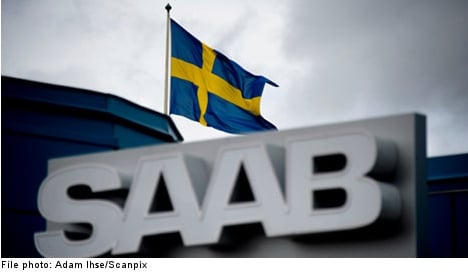In the first quarter of 2009, Spyker manufactured 21 cars and sold 23 — with prices starting at €199,990 ($283,000), according to spokesman Niels Molewijk.
Saab, in comparison, sold close to 100,000 cars in 2008.
Spyker chief executive officer and co-founder Victor Muller has himself described the company, with about 90 assembly workers, as a “mosquito” compared to the “elephant” that is Saab with its 3,400 employees in Sweden alone.
Thirty percent of the shares in the Dutch company, based in Zeewolde in the central Netherlands, are owned by Russian finance group Convers — which is controlled by Russian billionaire Vladimir Antonov.
Another 25 percent is held by the Mubadala Development Company, owned by the government of Abu Dhabi.
The Spyker company, founded in 1898 by brothers Jacobus and Hendrik-Jan Spijker, built luxury cars and aircraft engines until 1925, when it ceased trading.
The Spyker brand was relaunched in 2000.
“The cars are designed according to client specifications, built by hand and destined for a niche market,” journalist Andre Hoogeboom, author of a book on the company, told AFP.
Spyker has never made a profit. It produced 43 cars in 2008 and sold 37, reporting turnover for the year of €7.85 million — up 53 percent from 2007 but still representing a loss of €24.7 million.
In the first quarter of 2009, it recorded an €8.7 million net loss.
Last November, the company announced it would move its assembly line from Zeewolde to Coventry in the United Kingdom to cut costs, resulting in about 45 jobs out of a total of 135 being scrapped.
A lot of this could be explained by a “limited production line,” said Hoogeboom, but also by Spyker’s participation in Formula One racing in 2006 at a cost of tens of millions of euros.
Spyker has yet to confirm whether it will sponsor a racing team for 2010, including for the Le Mans endurance race.



 Please whitelist us to continue reading.
Please whitelist us to continue reading.
Member comments